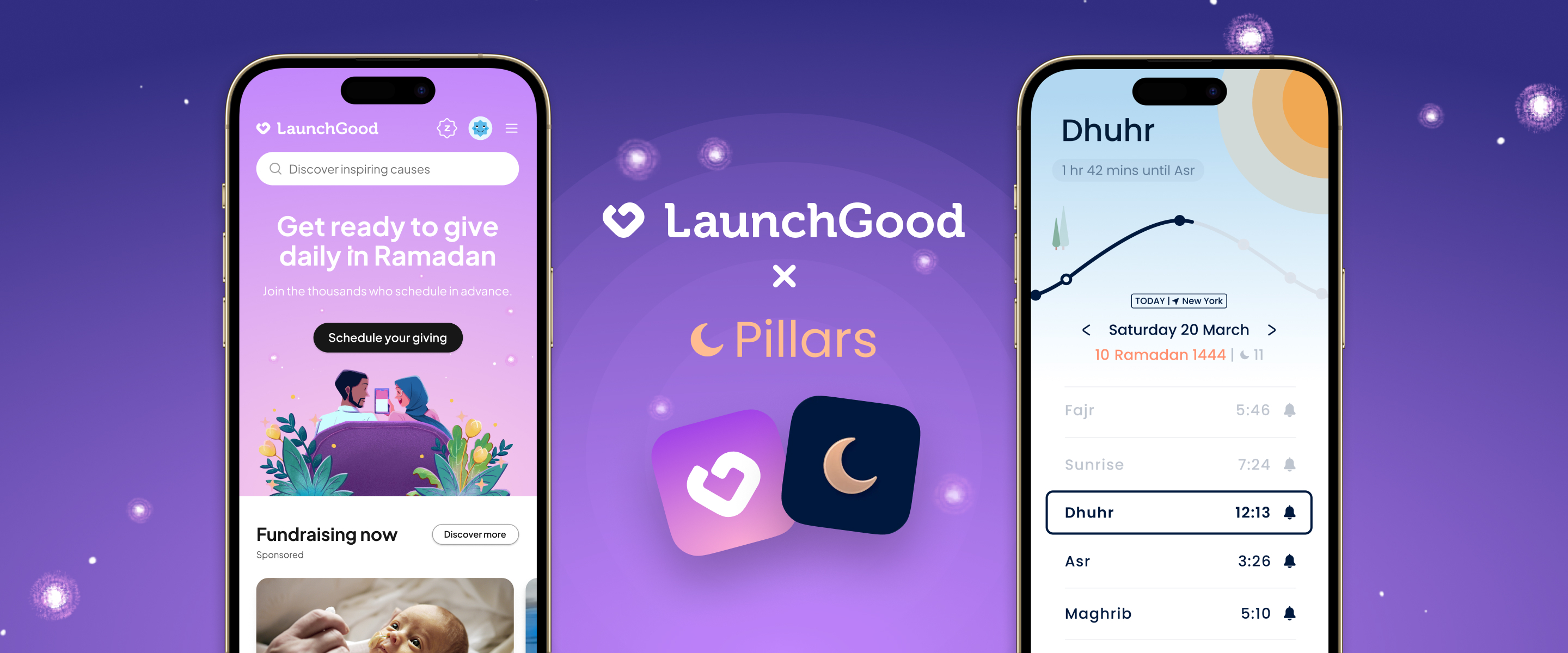Article reference: Young Muslims
This guide is designed to assist College and high school MSA members and anyone in the position of being a Khateeb. It is strongly encouraged to go over the Khutba structure with a local Imam, chaplain, or student of knowledge. The importance of this guide lies in its ability to help Muslims fulfill their obligations towards Allah completely.
Jumu’a is compulsory for people who meet certain conditions: are men, are free people (not slaves), are adults (bāligh), and are in good health. According to Abu Ja’d Al-Damri and Ibn Habbān, Allah SWT will seal the hearts of one who misses three Jumu’ah three times out of laziness (Tirmidhi).
The components of the Khutbah include integrals (obligatory), prayers (such as saying Alhamdulillah), sending salawaat on the Prophet ﷺ, advising people to fear Allah, reciting one verse of the Qur’an, and making du’a for believers (at least one in Arabic). The first four must take place in the first khutba.
Young Muslims Khutbah: Guidelines and Sunnahs
Khutbah conditions include the speaker being in a state of purity and in wudu, wearing appropriate clothing, covering the area from the navel to the knees, occurring after Zawāl (Dhuhr time must have come in), standing if able to, sitting between the two Khutbas, and speaking loudly for required participants. A congregation of 3 or more people (3 congregants + the Imam) is required.
Khutbah Sunnahs are recited by the speaker standing on the pulpit or raised location, saying salaam to those present, sitting until Adhan is done, holding a stick with the right hand, facing the people while doing the Khutba, standing motionless during the Khutba, and reciting Surah Al-‘Alā in the First Rakah and Surah Al-Ghāshiyah in the Second Rakah of the Jumu’a Prayer.
There are two methods for giving the Khutbah: the first method involves giving the Adhān at least once, followed by allowing people to pray their Sunnahs, giving Salām to the congregation, and having the second Adhān given. If time is short, the first Adhān may be omitted and only the second Adhān given.
The first method involves saying "Alhamdulillah" (All Praise and Thanks to Allah), "Allahumma Salli 'Ala Muhammad wa ‘Ala alee Muhammad, kama sallayta 'Ala Ibrahim wa ‘Ala alee Ibrahim. Allahumma barik 'Ala Muhammad wa ‘Ala alee Muhammad kama barakta 'Ala Ibrahim wa ‘Ala alee Ibrahim. Innaka hameedun Majeed" (Oh Allah, send prayers upon Muhammad and the family of Muhammad, just as you sent prayers upon Ibrahim and the family of Ibrahim. Oh Allah, send blessings upon Muhammad and the family of Muhammad, just as you sent blessings upon Ibrahim and the family of Ibrahim.
The second method involves saying at least one Ayah about fearing Allah, finishing the English reminder, and making at least one dua for believers in Arabic. The guide emphasizes the importance of understanding and fulfilling obligations towards Allah and the importance of remembrance of Allah.
Find the full article from Young Muslims on Khutbah here!
Check out our Ramadan-related articles below!
Discover tailored partnerships and friendly collaborations with LaunchGood
How to get organized for this Ramadan
Maximizing Your Campaign's Impact: Understanding the Referral Program for Scheduled Giving
Ramadan Fundraising: Motivation, Social Media Strategies, and Leveraging Zakat
Content creator




